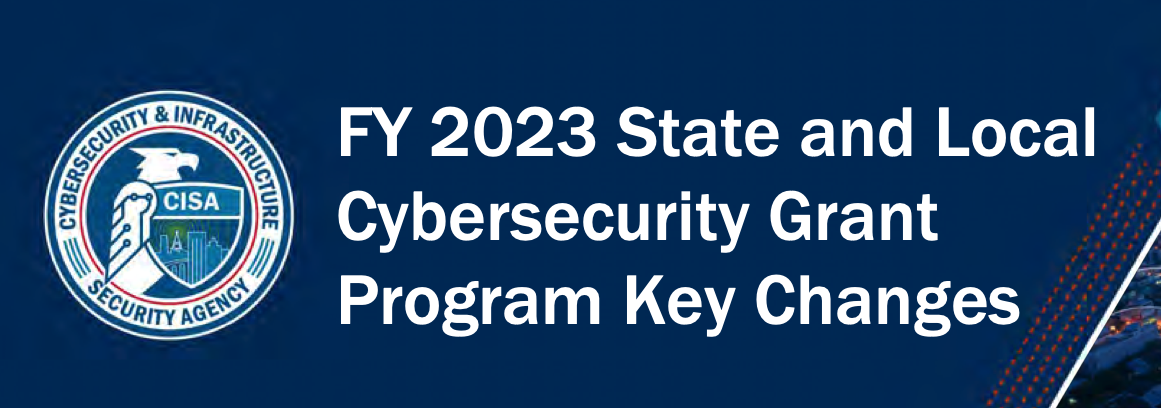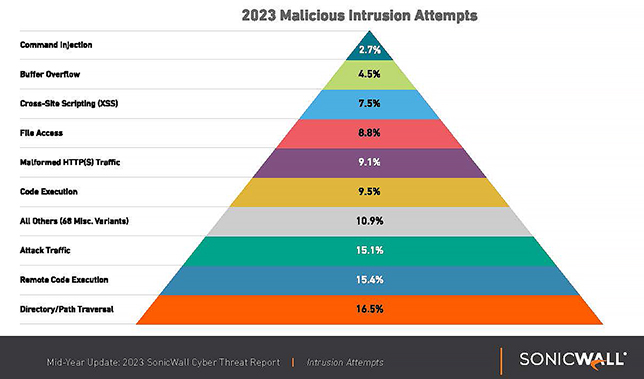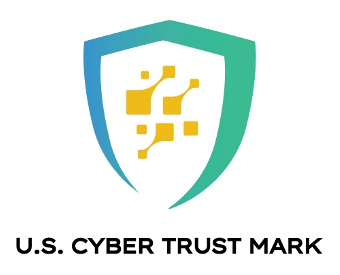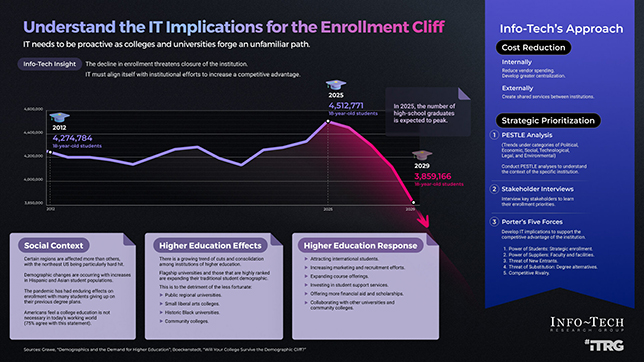
Rice University’s OpenStax project has announced that on Sept. 12, it will release the complete digital version of Organic Chemistry: A Tenth Edition, with unlimited free access online to students and faculty.
Virtual psychiatric care provider Talkiatry has announced a new partnership with mobile credential and payment provider Transact Campus that will make mental health support more available on college campuses, according to a news release.

Immersive learning platform GigXR has unveiled a new library of hyper-realistic 3D medical imagery derived from MRI and CT scans for use in healthcare education, training, and simulation, according to a news release.

The Department of Homeland Security has added $374.9 million in grant funding to the State and Local Cybersecurity Grant Program administered by CISA and FEMA, as the program enters its second year, according to a news release.
Digital asset management platform PhotoShelter has unveiled a new feature called AI Visual Search, giving brand subscribers the ability to search their entire brand library based on visual descriptions and eliminating the need to manually add metadata to images, according to a news release.

Higher education institutions in the United States are experiencing a “massive spike” in encrypted threats and cryptojacking so far this year, even as ransomware and unencrypted malware attacks have slowed, according to SonicWall’s 2023 Mid-Year Cyber Threat Report.
Of the more than 65 million student papers reviewed for AI writing by Turnitin's detection tool since April, more than 2 million — or 3.3% of all papers reviewed — have been flagged as containing 80% or more AI-written text, according to a news release.

The Federal Communications Commission chairwoman has introduced a proposal to create a “voluntary cybersecurity labeling program” for smart devices, in an effort to boost transparency and protection against cyber threats in the growing Internet of Things market – a channel that cyber criminals are increasingly using to attack education institutions.

With institutions of higher education experience enrollment declines — and steeper drops projected over the next few years — IT departments must align their efforts with their institutions’ strategies for addressing the downturns, according to a new brief from advisors at Info-Tech Research Group.
MongoDB University has announced new partnerships and initiatives to help close the widening software-development skills gap, according to a news release.